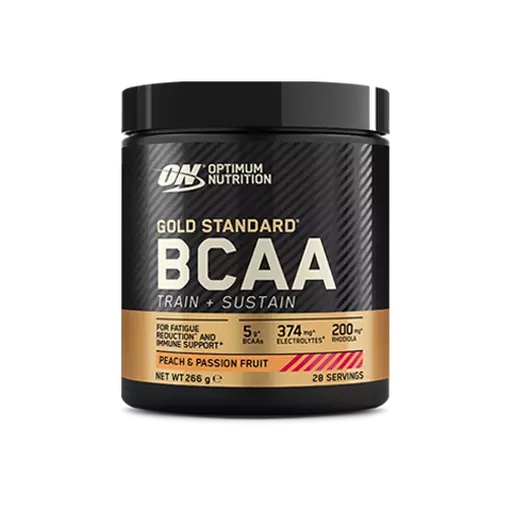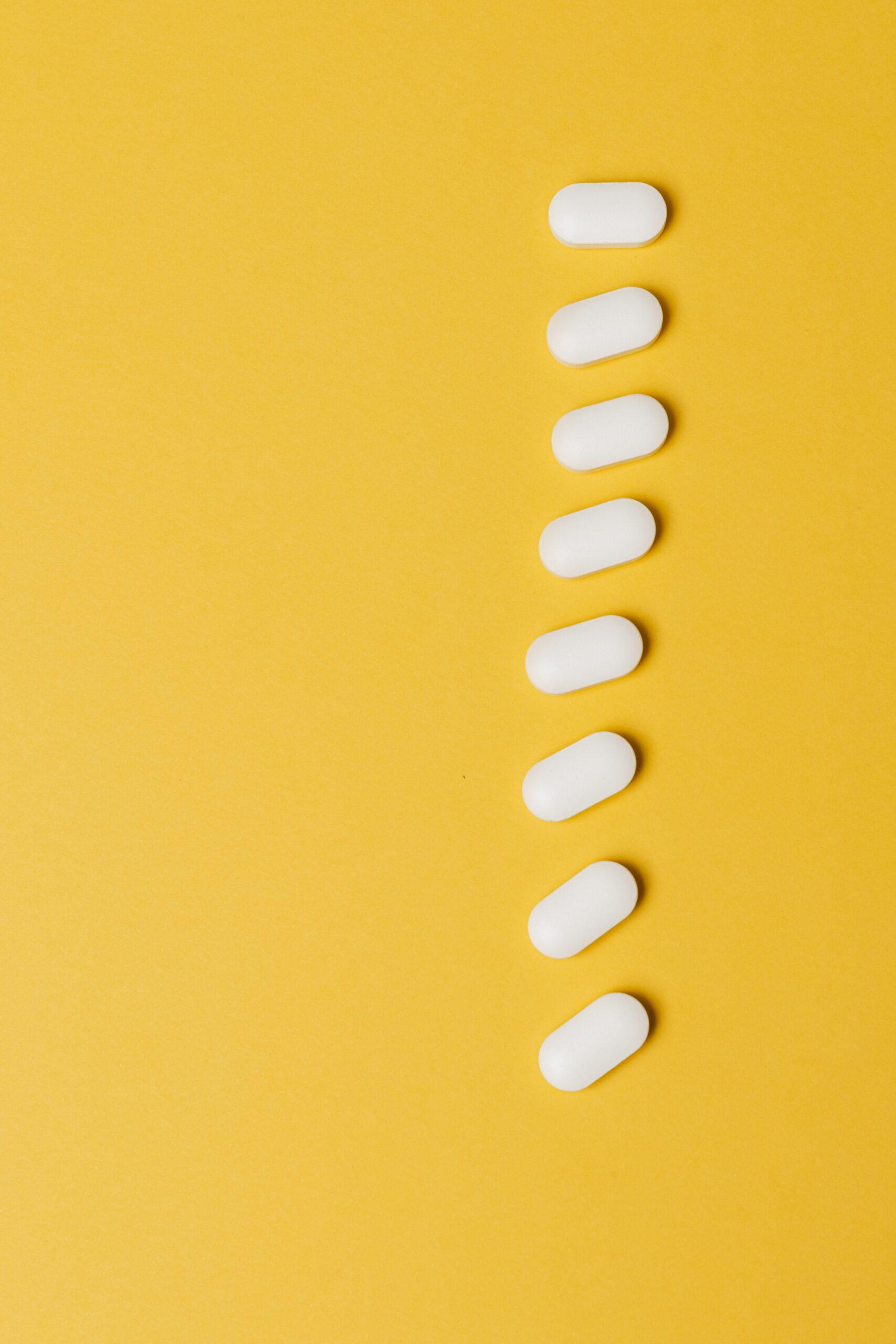Why Take BCAA Supplement
People choose to take BCAA (Branched-Chain Amino Acid) supplements for a variety of reasons, primarily centered around enhancing their fitness and overall well-being. One of the key motivations for using BCAAs is their ability to promote muscle growth and recovery.
BCAAs, particularly leucine, play a pivotal role in stimulating muscle protein synthesis, a process that is essential for building and repairing muscle tissue. This makes BCAAs a popular choice for athletes, bodybuilders, and individuals engaged in resistance training, as they support lean muscle development, improve physical performance, and reduce post-workout muscle soreness.
- BCAA Supplements To Increase Energy
- Does BCAA Supplements Boost Testosterone
- Are BCAA Supplements Good For Runners
- BCAA Supplements And Depression Is There A Link
- BCAA And Keto What You Need To Know
Another compelling reason for taking BCAA supplements is their potential to enhance exercise performance and endurance. BCAAs help spare glycogen stores, the primary source of energy during physical activities, by delaying their depletion. This translates to increased stamina and the ability to engage in more prolonged, higher-intensity workouts. By preserving glycogen, individuals can exercise more effectively, leading to better weight management and an improved calorie-burning capacity.
Additionally, BCAAs can reduce perceived effort during exercise, making intense workouts feel more manageable and less strenuous. In this way, BCAA supplements empower individuals to optimize their training routines and achieve their fitness goals more efficiently.
Do BCAA Supplement Cause Hair Loss
The link between BCAA (Branched-Chain Amino Acid) supplements and hair loss is a subject that has sparked concerns and debates, particularly within the fitness and nutrition communities. BCAAs are popular for their role in supporting muscle growth, exercise performance, and recovery, but there is no direct evidence to suggest that they cause hair loss. However, there are some indirect factors to consider.

Buy BCAA Online
We Have Some Of The Best BCAA Supplement Out There!
Come have a look what types of BCAA we have? Shop the best BCAA! We have found the best deals! Or please feel free to read more about the many benefits of BCAA Supplements on site.
One potential factor is the high dose of BCAAs, specifically leucine, in certain supplements. Leucine is known for its role in promoting muscle protein synthesis, and while this is beneficial for muscle growth and repair, it can potentially elevate the production of the stress hormone cortisol. Elevated cortisol levels have been linked to hair loss, particularly in individuals who are genetically predisposed to male or female pattern baldness. This suggests that individuals who are sensitive to the effects of cortisol may experience hair-related issues when consuming high doses of BCAAs, although this is still not fully understood and may vary from person to person. Shop raw supplements, bulk discount, lab tested 5% off here!
Additionally, excessive exercise and inadequate nutrition can contribute to hair loss indirectly. Intense workouts, coupled with restrictive diets, can place the body under stress, leading to changes in hormonal balance and nutrient deficiencies, both of which can influence hair health.
Therefore, while BCAA supplements themselves may not be a direct cause of hair loss, the overall lifestyle and dietary factors that sometimes accompany intense fitness regimens may play a role. To maintain healthy hair while pursuing fitness goals, it’s important to follow a well-rounded diet, practice good stress management, and ensure a balanced approach to exercise and supplementation.
If hair loss is a concern, consulting with a healthcare professional or dermatologist is advisable for personalized guidance and potential treatment options.








